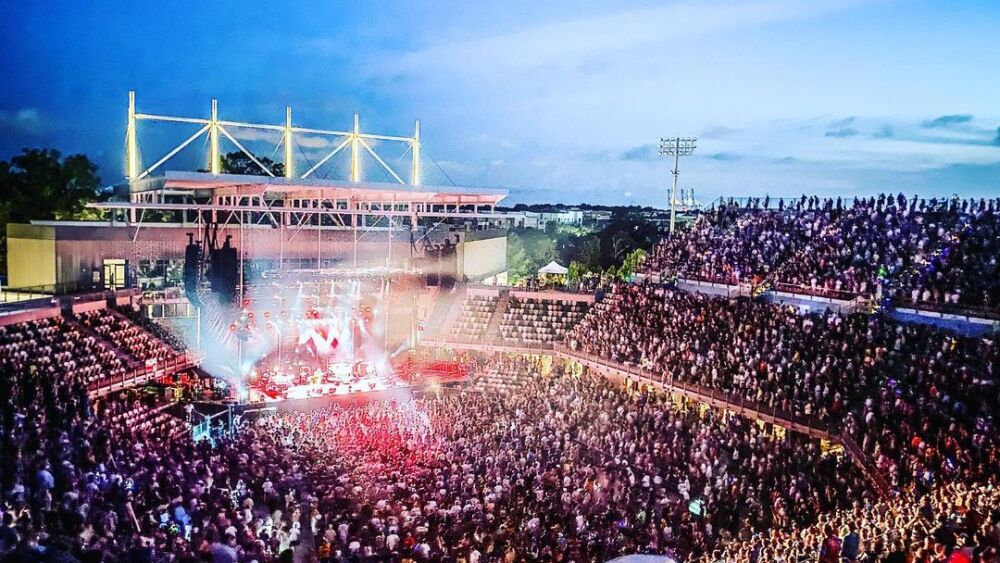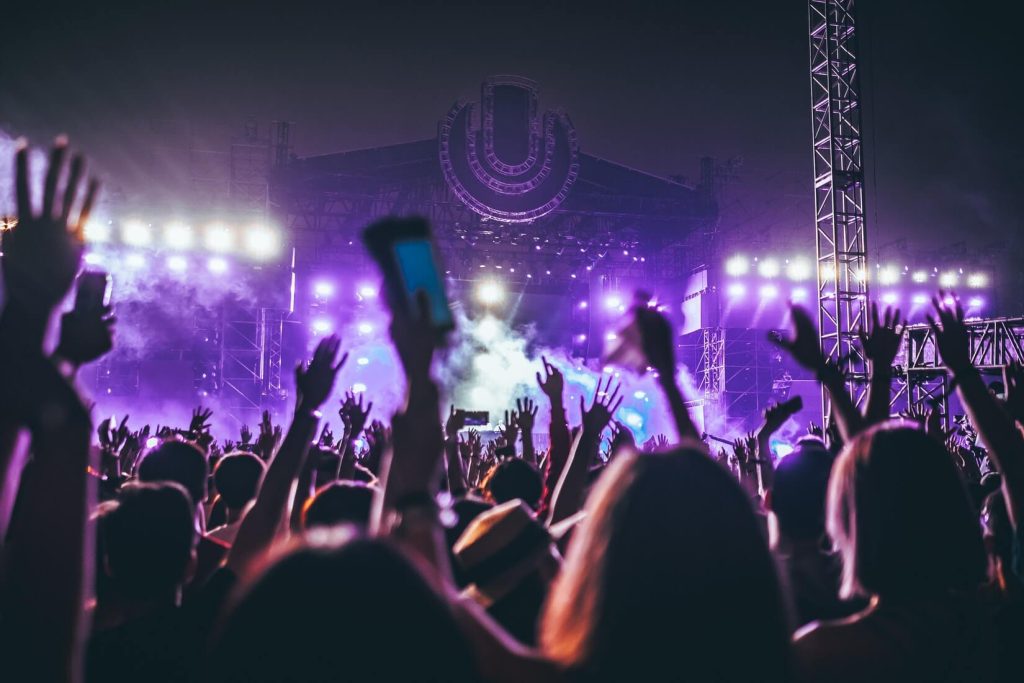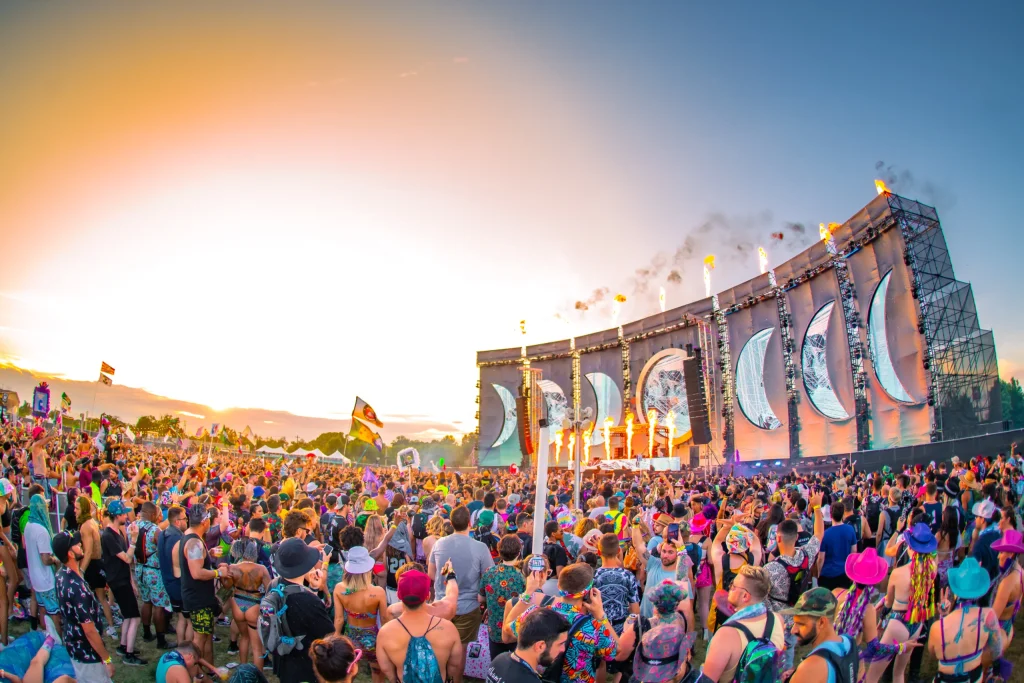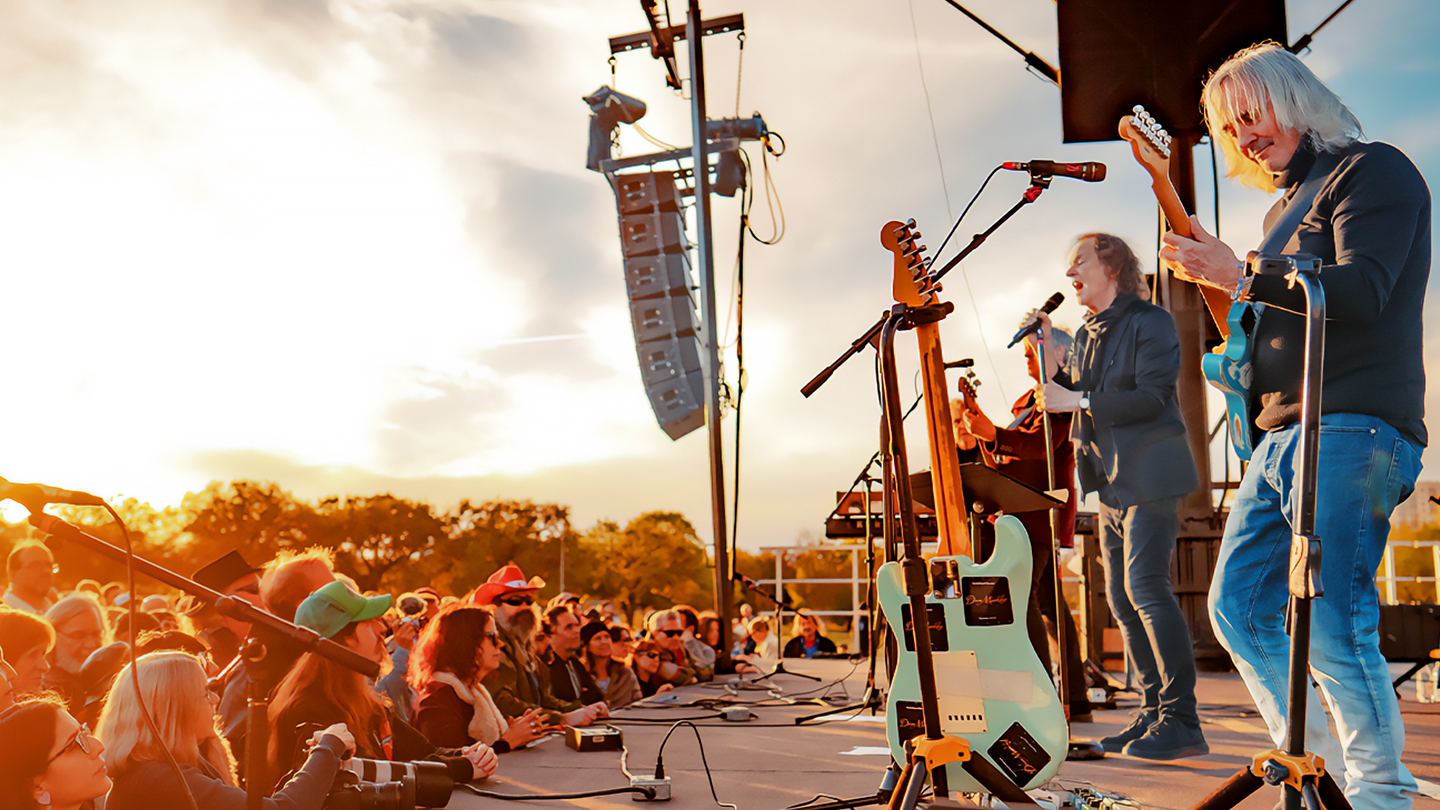Music festivals and concerts are immersive experiences that engage the senses, spark the soul, and leave enduring memories. They are more than just events. We shall explore the wide range of musical genres, performances, and cultural experiences that festivals have to offer in this article.
The Excitement of Live Music
The Power of Performance
Attending a live, unadulterated concert is a once-in-a-lifetime chance to experience music in its most authentic form. Live performances capture audiences with their raw passion, emotion, and artistry, whether it’s the complex melodies of a symphony orchestra, the soaring vocals of a world-class opera singer, or the electric guitar solos of a rock legend.
Establishing a Direct Connection with Musicians
Attendees get the opportunity to interact directly with musicians and feel the power of music up close. It fosters moments of connection and camaraderie between performers and spectators, creating lifelong ties and memories. These can range from intimate acoustic acts in tiny settings to massive stadium-sized spectacles with thousands of visitors.

Immersive Atmosphere
Music takes centre stage as concerts whisk audiences away from the cares of everyday life and into a different realm. Every location has a different vibe that adds to the musical experience, transporting spectators to a sensory extravaganza of sound, vision, and feeling. From the throbbing intensity of a rock concert to the cozy ambience of a jazz club and beyond.
Spontaneity and Surprise
The element of surprise and spontaneity is one of the most exciting parts of concert. It is full of unexpected moments, from impromptu jam sessions to unexpected guest appearances, which keep audiences on the edge of their seats and leave them buzzing with excitement long after the last encore.
The Enchantment of Music Events
Celebrating Diversity
By bringing together musicians and performers from a wide range of genres and styles, music festivals honour the diversity of musical expression. Festivals feature a wide range of musical genres, including rock, pop, jazz, blues, electronic dance music (EDM), and world music. They also give both known and up-and-coming performers a stage on which to display their abilities and engage with fans.

Cultural Exchange
Music festivals are celebrations of a diverse range of human expression and creativity, much more than mere concerts. Festivals promote cross-cultural exchange and debate, overcoming barriers and developing understanding among varied populations. They range from traditional folk festivals that honour indigenous cultures and heritage to modern music festivals that embrace cutting-edge sounds and trends.
Community Involvement
Music festivals foster a sense of belonging and community that cuts over age, ethnicity, and background barriers. Festivals provide chances for connection, camaraderie, and shared experiences that create lifelong friendships and memories, whether it’s camping with friends, dancing with strangers, or sharing a meal with other attendees.
Experiential Entertainment
Music festivals are immersive events that appeal to all the senses; they are more than just concerts. Festival goers can find a plethora of entertainment alternatives beyond the music stage, enabling them to explore, discover, and indulge in a diverse selection of experiences tailored to their interests and hobbies. These experiences range from interactive art installations and light shows to gastronomic pleasures and wellness activities.
Read More Embracing the Joy of Spring Fairs and Festivals
How Concerts and Music Festivals Intersect
Festival Lineup
Many musicians play at both music festival and concert, which can have overlapping lineups. Music fans can encounter their favourite musicians in a variety of settings and circumstances by going to both concert and festival. This allows them to get fresh views and perspectives on the artists’ work and performances.

Festival Culture
Attendees of concert and music festival uphold the values of inclusion, diversity, and individual expression. They also share a similar culture. Whether it’s donning extravagant costumes, taking part in group activities like dance circles and sing-alongs, or embracing the spirit of spontaneity and adventure, both festival goers and concertgoers experience a sense of camaraderie and belonging that cuts over barriers and individual differences.
Economic influence
By bringing in money for local companies, lodging facilities, dining establishments, and service providers, concert and music festival have a major positive economic influence on their communities. Concert and festival boost economic growth and development by drawing tourists and visitors from near and far. This supports jobs and livelihoods and adds to the vitality and vibrancy of the local economy.
Social and Environmental Responsibility
To lessen their influence on the environment and lower their carbon footprint, concerts and music festivals are progressively embracing social and environmental responsibility through the adoption of sustainable practices and initiatives. Concerts and festivals are setting the example for a more environmentally conscious and sustainable entertainment sector by promoting eco-friendly transportation options, recycling and trash reduction programs, and supporting local conservation efforts.
In summary
More than just forms of entertainment, concerts and music festivals are life-changing events that inspire, bring people together, and elevate audiences everywhere. Concerts and festivals can touch hearts, transform lives, and make memories that last a lifetime, whether it’s via the exhilaration of a live performance, the companionship of a festival throng, or the sense of connection and belonging that comes from sharing music with others. We can use the power of live music and group celebration to connect and build a happier, more peaceful society by embracing the universal language of music.









